Psycho (Bernard Herrman)
Bernard Herrman
view composer page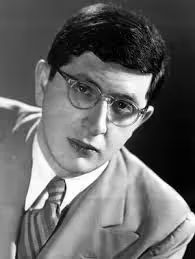

Duration:
Year Written:
1960
Instrumentation:
strings
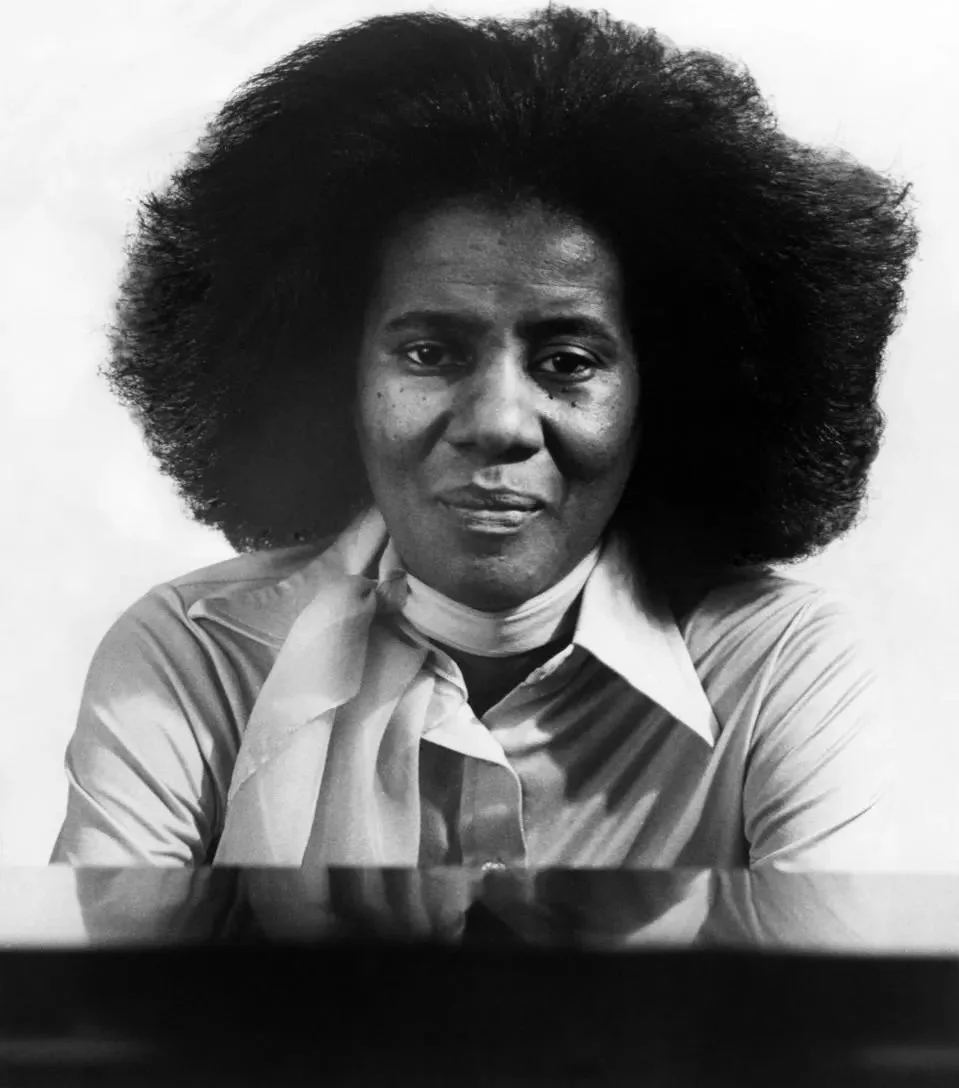
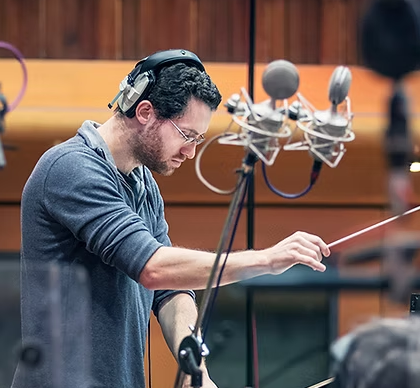

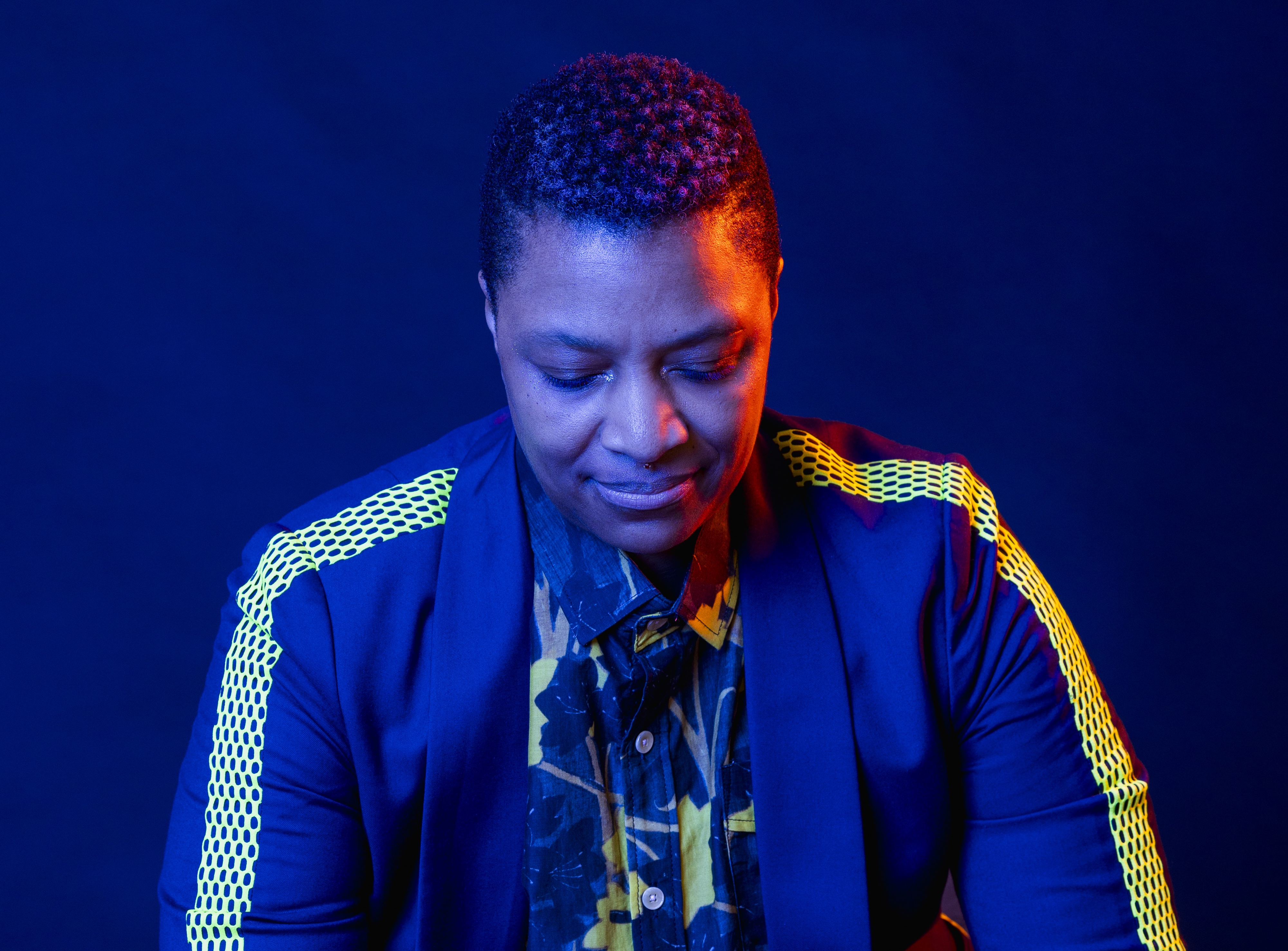


















































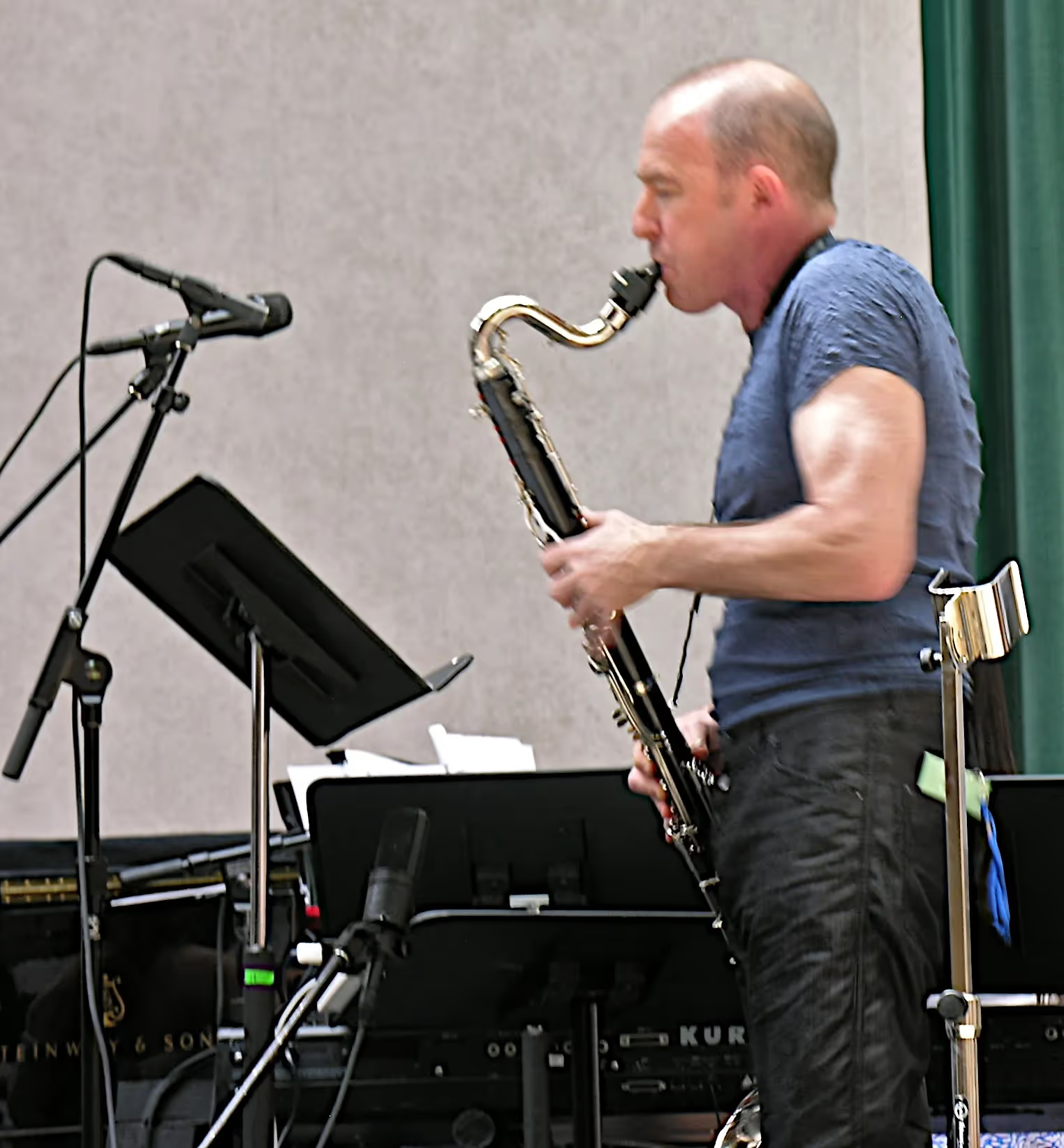
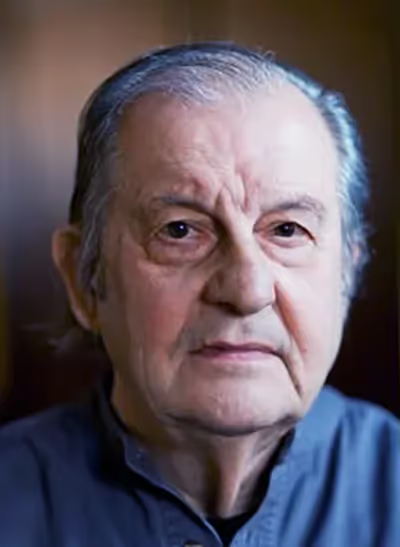

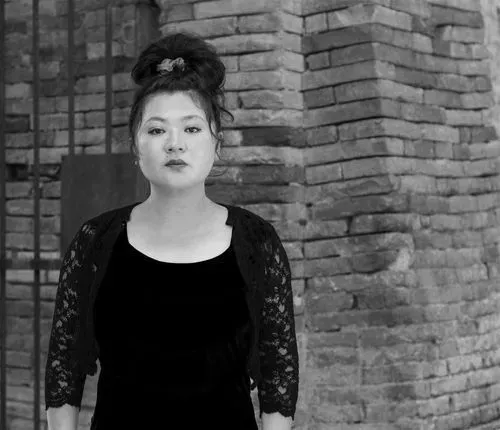
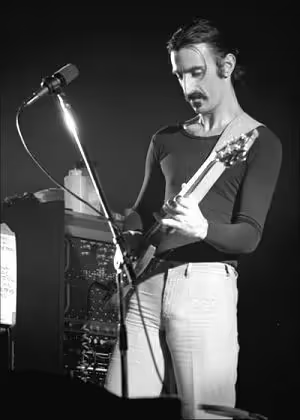
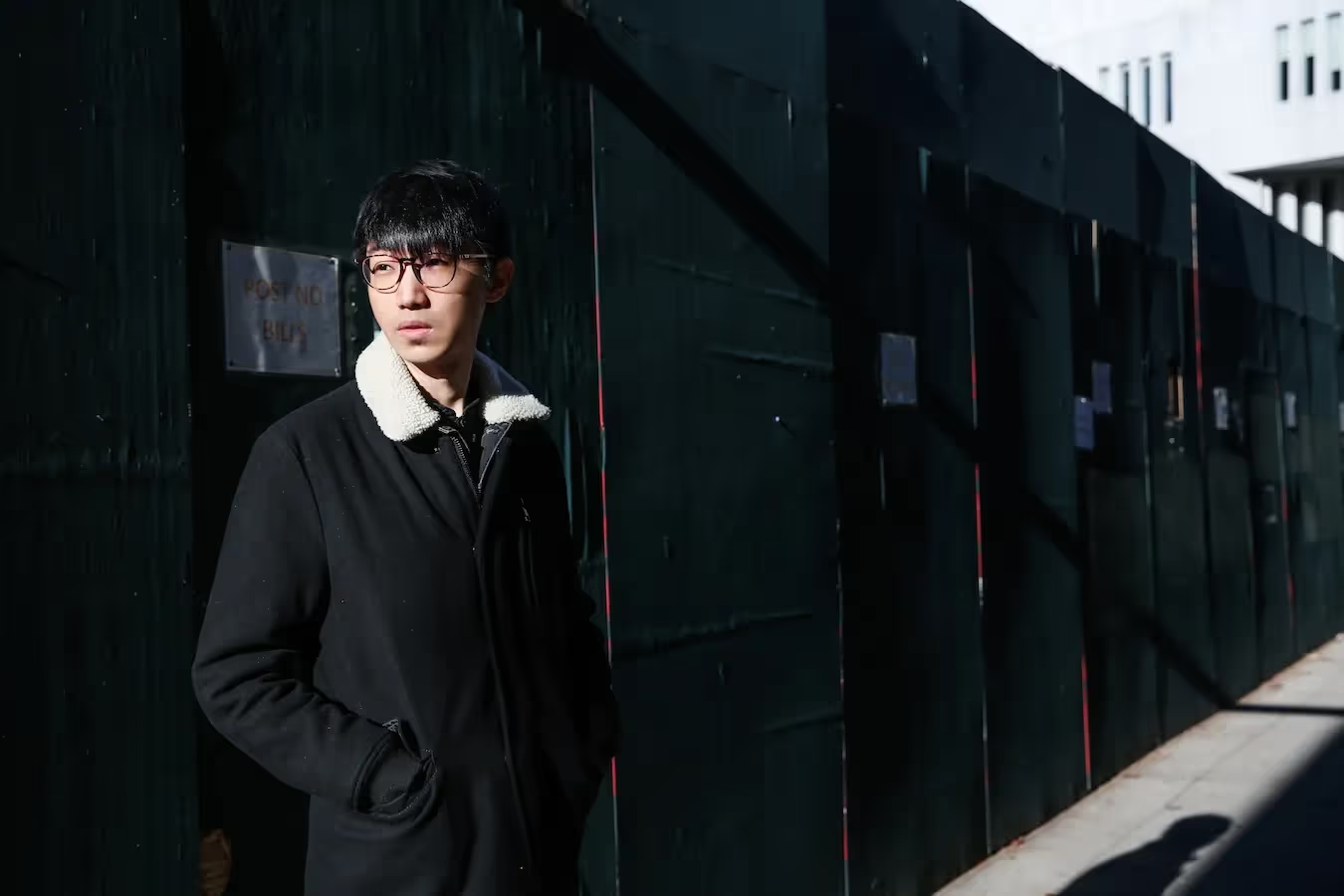
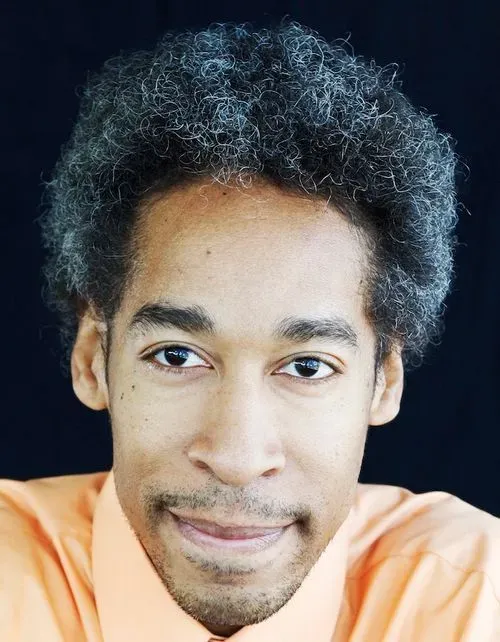



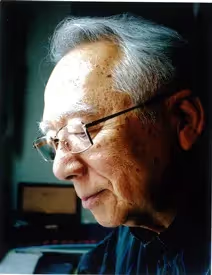



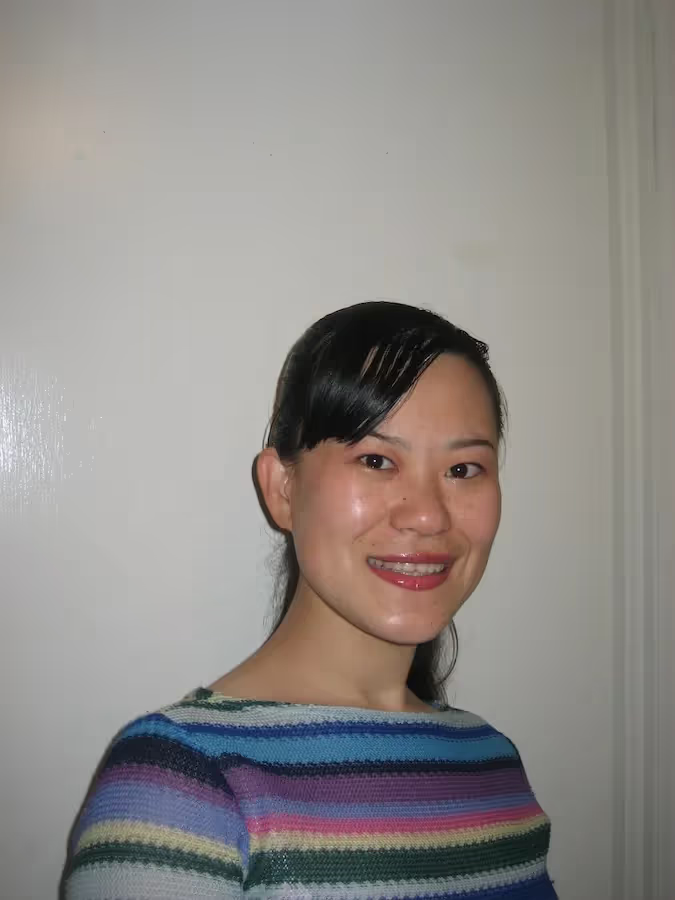
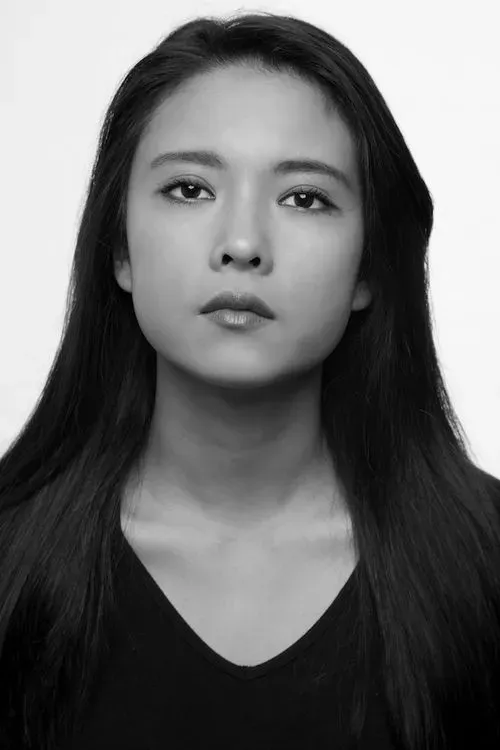
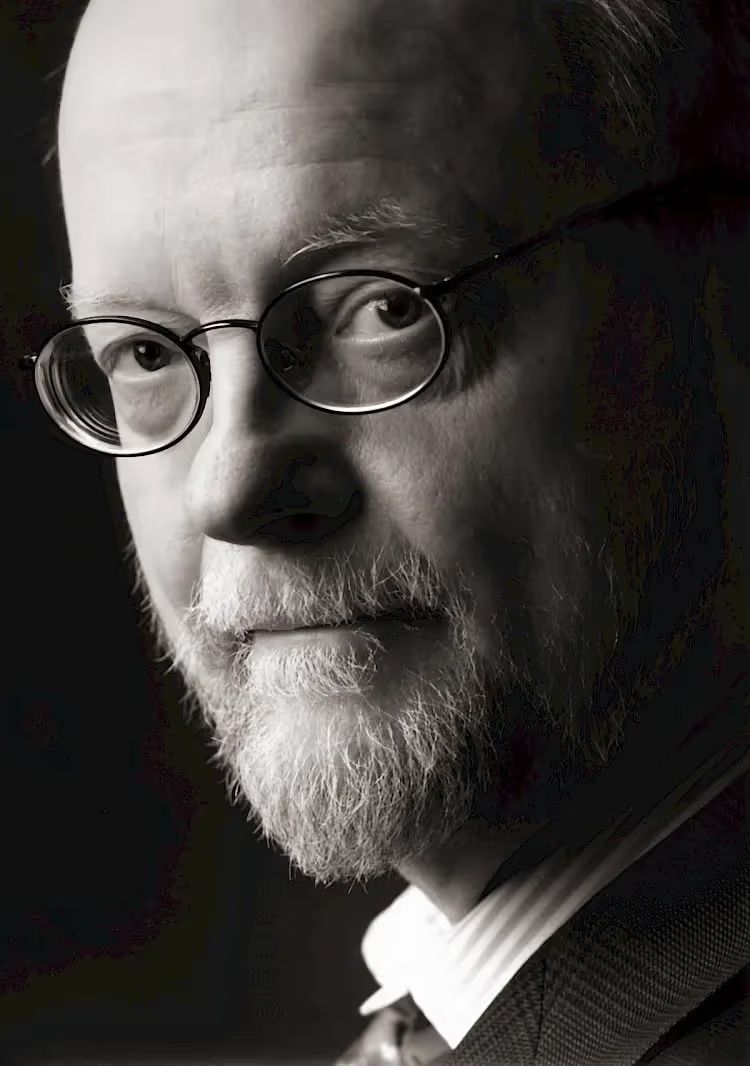
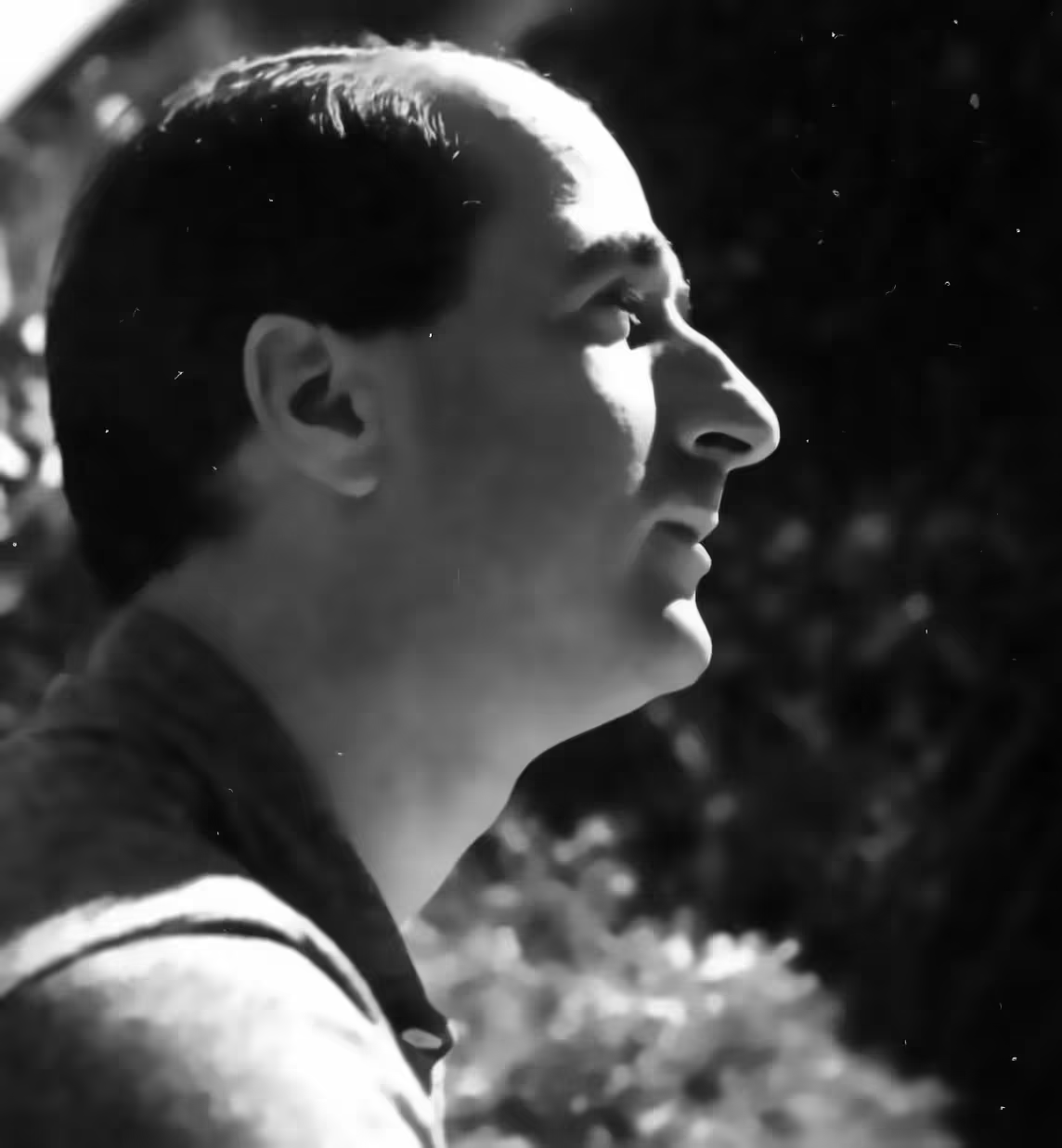
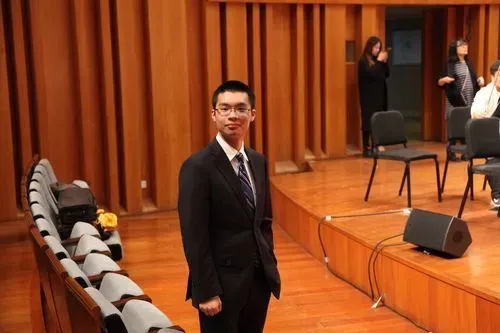
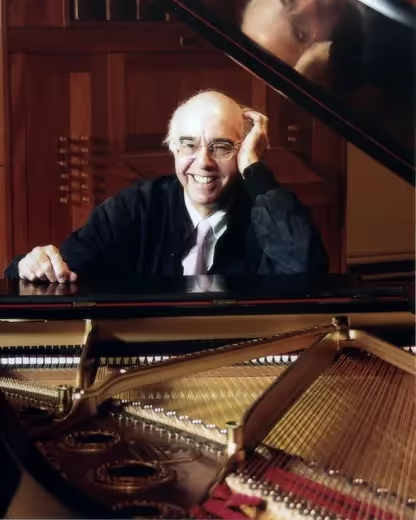

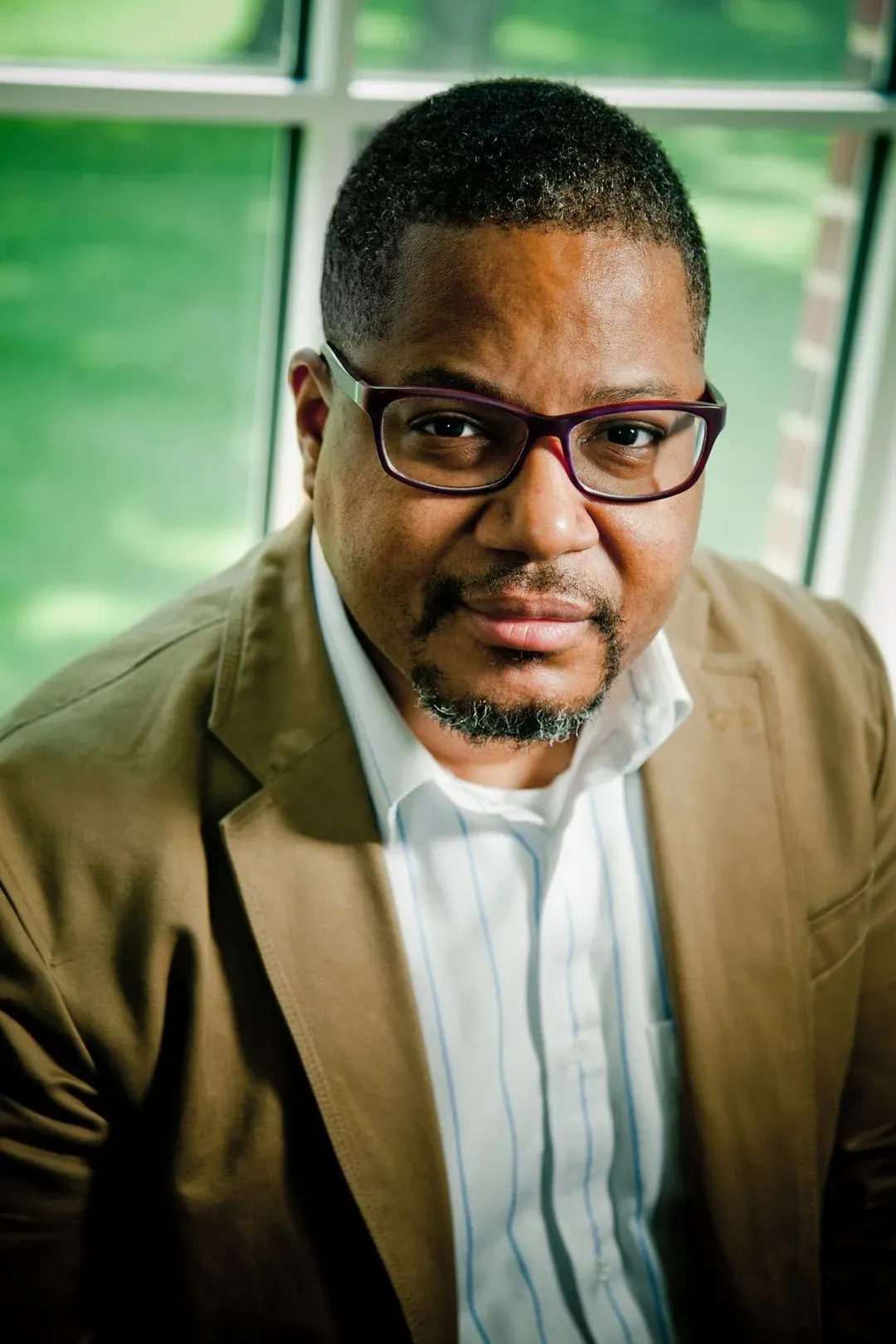
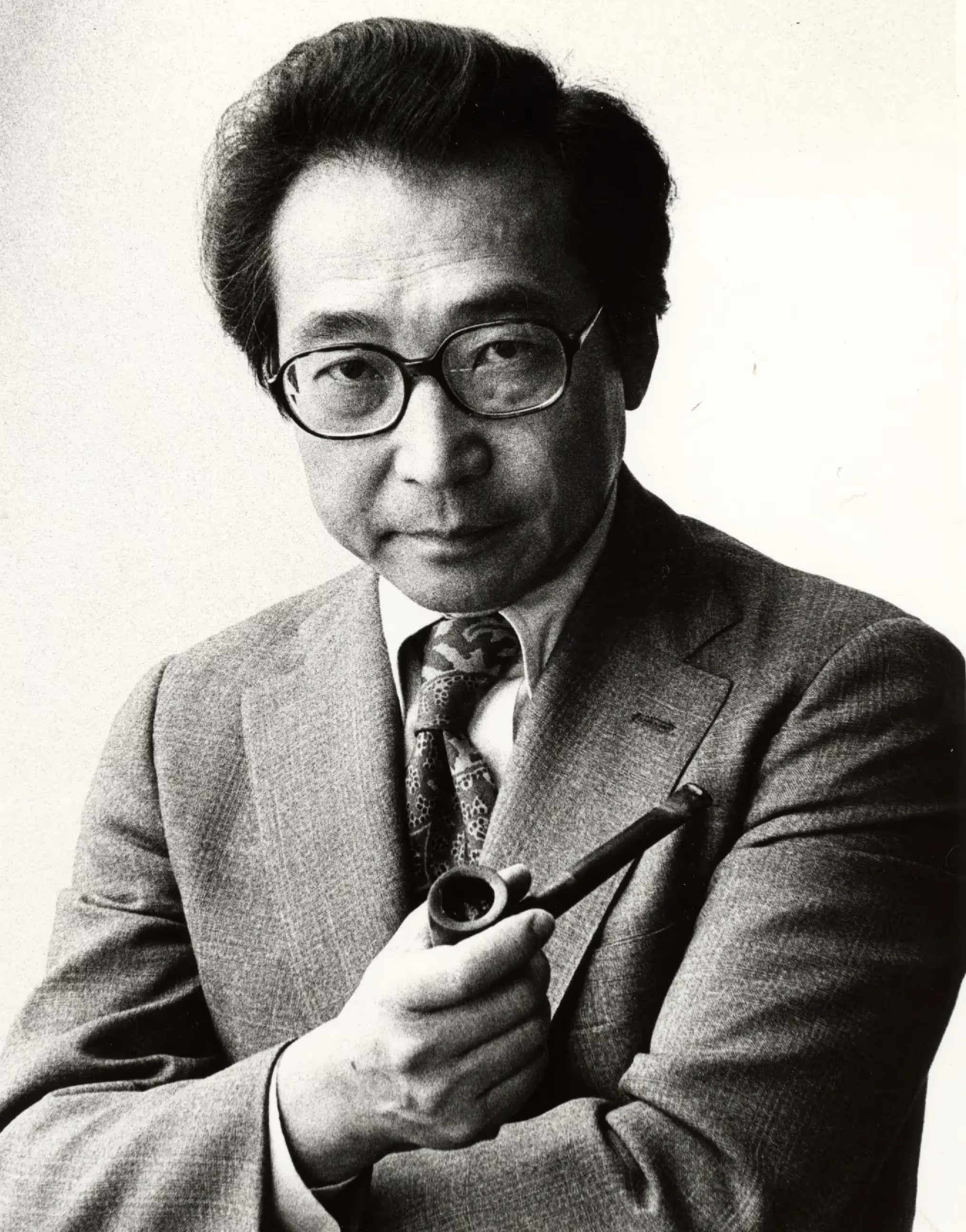

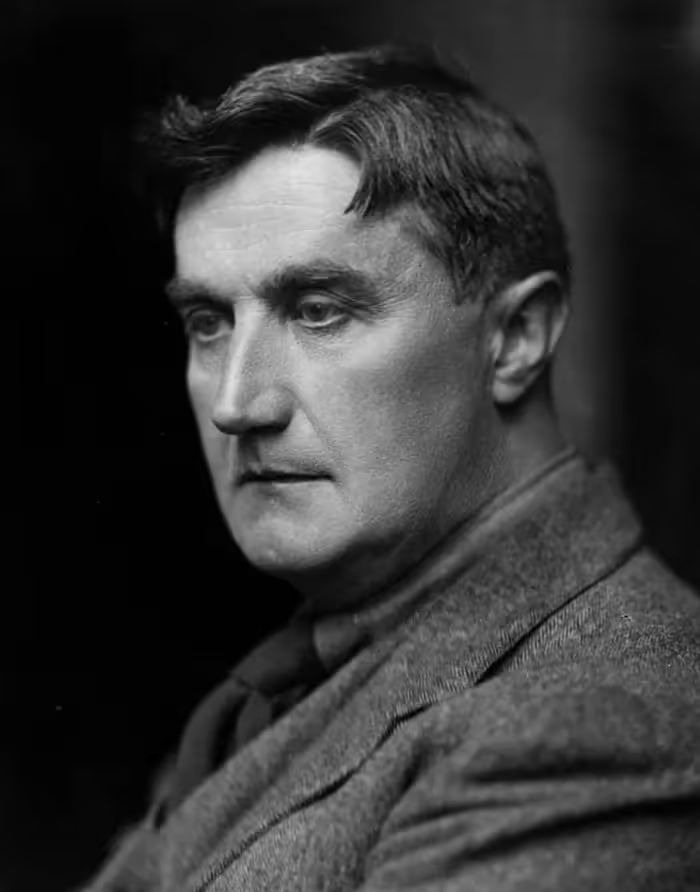
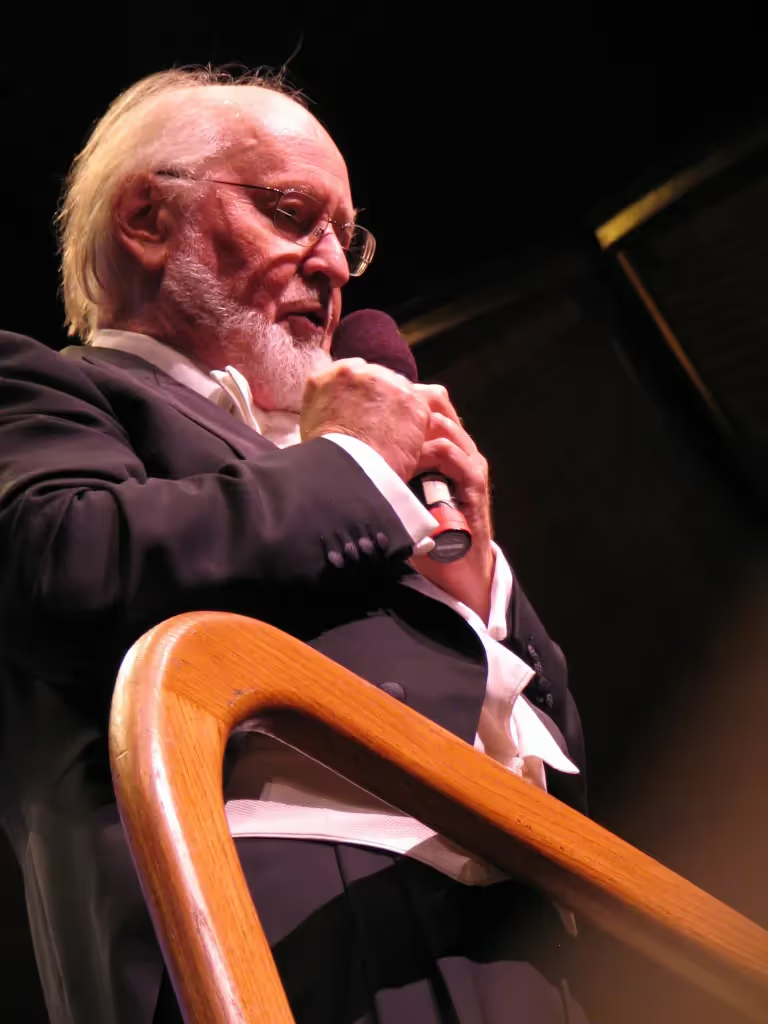
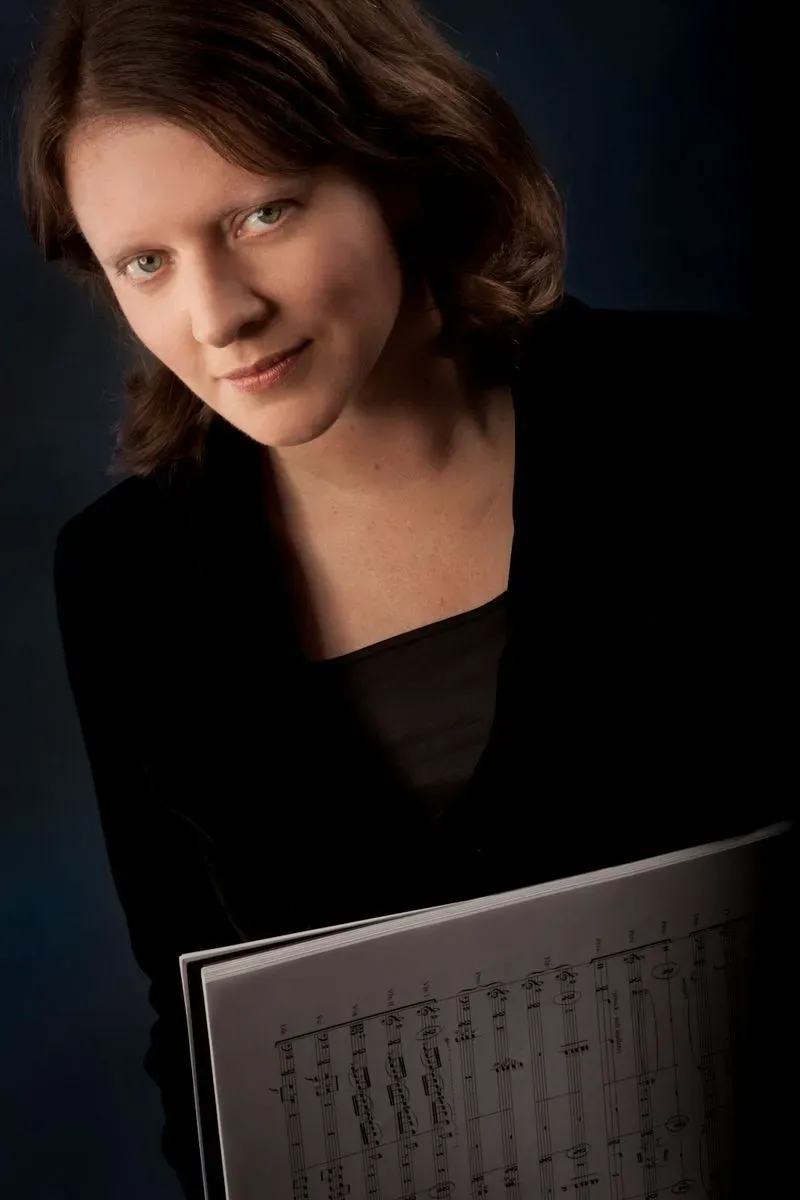
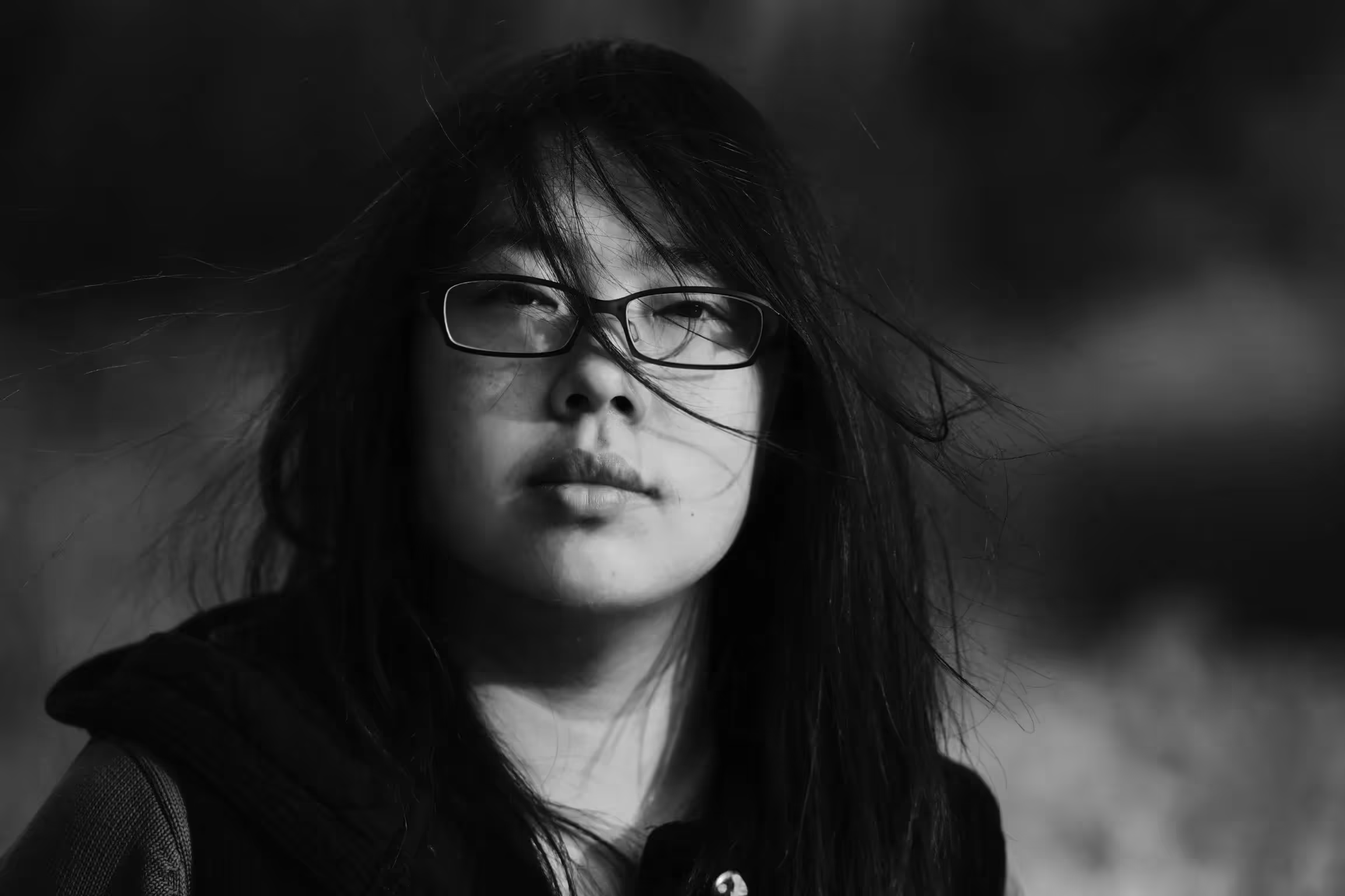
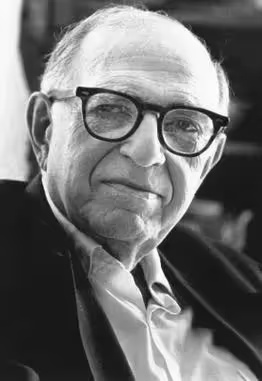
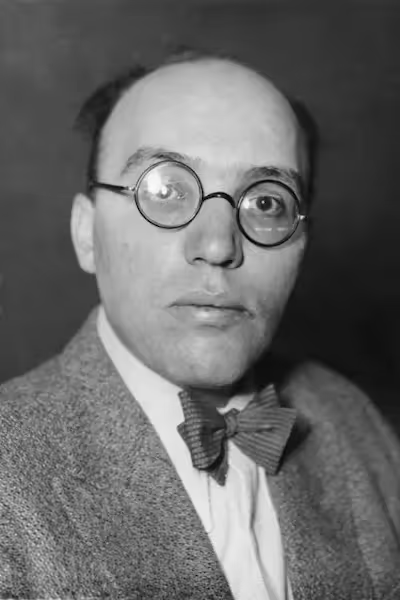


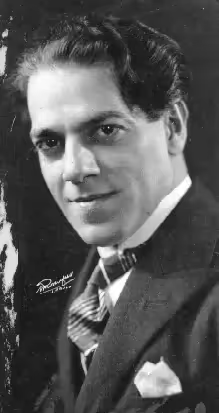
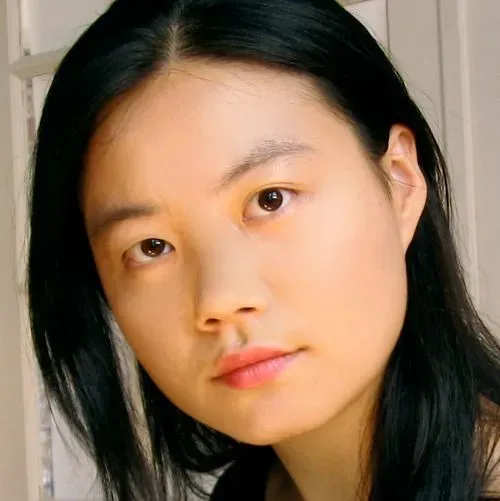


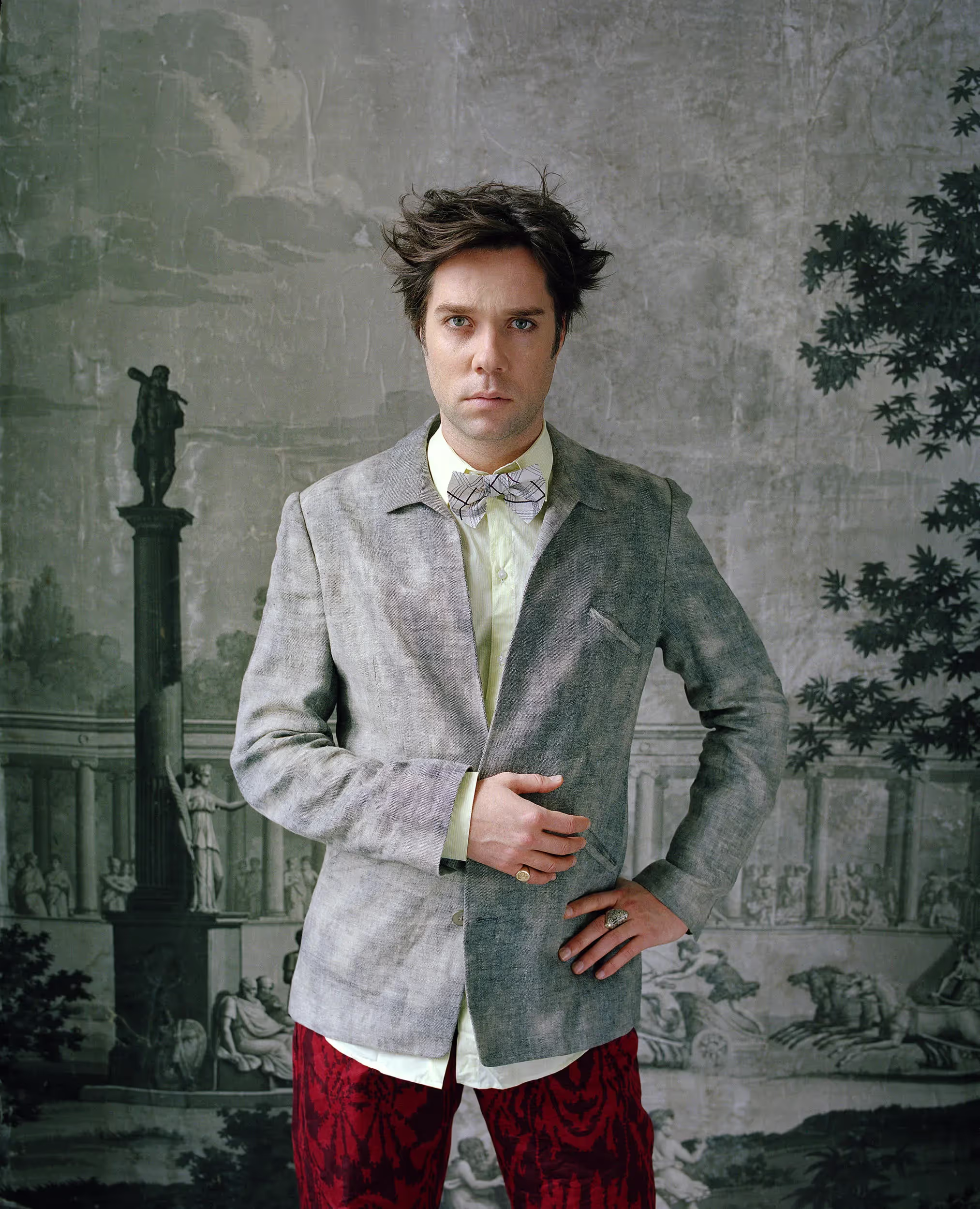
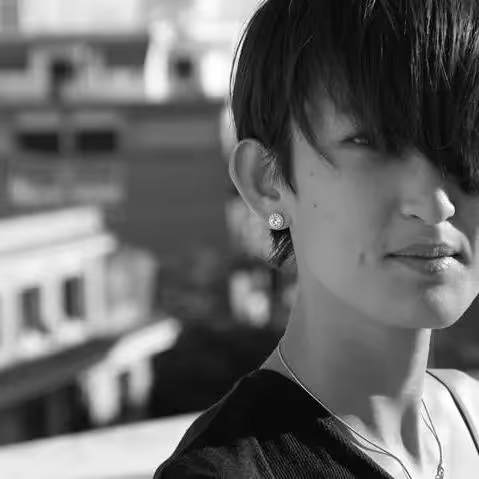
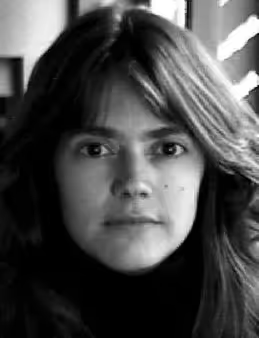
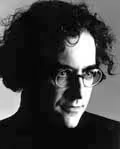
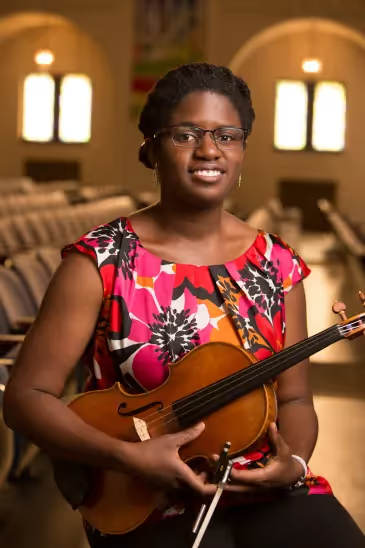

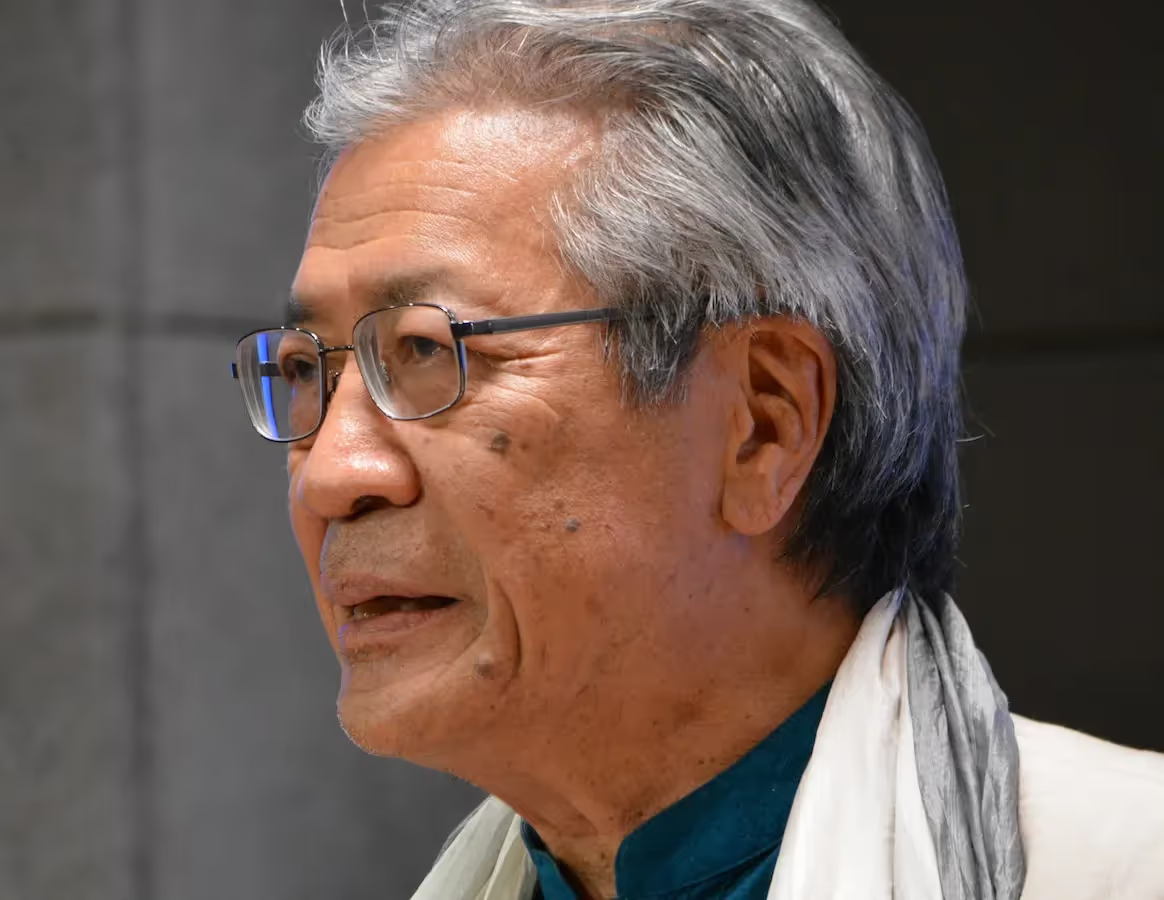
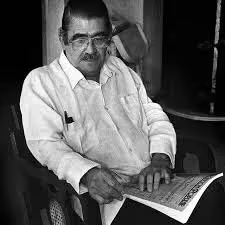


More information about this work please fill out the form below.
Thank you! Your submission has been received!
Oops! Something went wrong while submitting the form.
Bernard Herrmann, Psycho Suite program note
Countless movie-goers who have never heard of Bernard Herrmann nevertheless are quite capable of immediately recognizing his most famous motion picture score -- the score for the 1960 Paramount film Psycho. Director Alfred Hitchcock's budget for Psycho was not very large, and Herrmann was forced to restrict himself to a relatively small instrumental ensemble. The result is a score composed entirely for string instruments that perfectly suits the stark black and white cinematography of the film. Although many feel that Herrmann crafted scores intrinsically superior to it, the Psycho score has been, and likely will remain, his most widely admired and often-imitated film score.
Melody as we normally think of it is altogether absent in Psycho; even theme, in the proper sense of the word, only occasionally sneaks onto the scene. Instead, the music is built around strings of fragmentary motives, stacked around one another in often very dissonant ways, and raised up into a musical whole that manages to create a state of near-perpetual suspense, unresolved, unremitting, and yet, never tired or worn thin.
Some of Psycho's music is active and physical. For example, the famous opening credits music, which is reused as the character of Marion Crane flees with stolen money, her face dispassionate but her mind frenzied and burning, and, of course, the infamous shower scene music, with its shrieking jabs in the uppermost register of the violins. Some of the music, on the other hand, simmers quietly to itself, tension and insanity woven by layers of agonized counterpoints (e.g. a cue called "The Madhouse," in which Norman Bates first begins to seem to us a man off his rocker). And then there is music like "Temptation" (which underscores Marion's growing desire to steal the money from her boss at the start of the film) and "The Peephole" (which underscores Norman spying on Marion), in which a kind of steady, pulsating music seems to go nowhere and yet boils inside. Even -- indeed, especially -- in the last bars of the score there is no resolution of the psychological or harmonic dissonance: inhuman strands of counterpoint in the high violins and violas, con sordino and pianissimo, dissolve and are replaced by a dense final sonority as Marion's car is dragged out of the swamp behind the Bates Motel.
There is a brief suite comprising the major moments of the score, plus the resolution of the film's concluding music. It is variously known as Psycho: A Narrative for Orchestra and Psycho: Suite for Strings.
- Blair Johnston
Countless movie-goers who have never heard of Bernard Herrmann nevertheless are quite capable of immediately recognizing his most famous motion picture score -- the score for the 1960 Paramount film Psycho. Director Alfred Hitchcock's budget for Psycho was not very large, and Herrmann was forced to restrict himself to a relatively small instrumental ensemble. The result is a score composed entirely for string instruments that perfectly suits the stark black and white cinematography of the film. Although many feel that Herrmann crafted scores intrinsically superior to it, the Psycho score has been, and likely will remain, his most widely admired and often-imitated film score.
Melody as we normally think of it is altogether absent in Psycho; even theme, in the proper sense of the word, only occasionally sneaks onto the scene. Instead, the music is built around strings of fragmentary motives, stacked around one another in often very dissonant ways, and raised up into a musical whole that manages to create a state of near-perpetual suspense, unresolved, unremitting, and yet, never tired or worn thin.
Some of Psycho's music is active and physical. For example, the famous opening credits music, which is reused as the character of Marion Crane flees with stolen money, her face dispassionate but her mind frenzied and burning, and, of course, the infamous shower scene music, with its shrieking jabs in the uppermost register of the violins. Some of the music, on the other hand, simmers quietly to itself, tension and insanity woven by layers of agonized counterpoints (e.g. a cue called "The Madhouse," in which Norman Bates first begins to seem to us a man off his rocker). And then there is music like "Temptation" (which underscores Marion's growing desire to steal the money from her boss at the start of the film) and "The Peephole" (which underscores Norman spying on Marion), in which a kind of steady, pulsating music seems to go nowhere and yet boils inside. Even -- indeed, especially -- in the last bars of the score there is no resolution of the psychological or harmonic dissonance: inhuman strands of counterpoint in the high violins and violas, con sordino and pianissimo, dissolve and are replaced by a dense final sonority as Marion's car is dragged out of the swamp behind the Bates Motel.
There is a brief suite comprising the major moments of the score, plus the resolution of the film's concluding music. It is variously known as Psycho: A Narrative for Orchestra and Psycho: Suite for Strings.
- Blair Johnston
Recordings
No recordings found.
ACO PERFORMANCES
No information available
Recording
Journey
Neither man nor money validate my worth
Water Sings Fire - Excerpt
The Winter that United Us
Song of the Flaming Phoenix: Symphonic Poem for Sheng and Orchestra by Fang Man
Words for Departure for choir and orchestra by Hilary Purrington
No Thing Lives to Itself by Robin Holcomb
Red Dirt | Silver Rain (excerpt)
Bolero/Bachata from Tumbao
"Tumbao" Movement 1 "Salsa"
Yvette Janine Jackson Interview with Garrett McQueen
Mark Adamo + Jeffrey Zeigler in conversation with Garrett McQueen
Weathering by George Lewis
Lisa Bielawa: Sanctuary, Violin Concerto. mvt 3
Lisa Bielawa, Sanctuary, Violin Concerto mvt 2
Lisa Bielawa, Sanctuary, Violin Concerto mvt 1
Prophecy in Reverse by Paula Matthusen
Invisible Portals by Dai Wei
Tuxedo: Vasco 'de' Gama (2020) by Hannah Kendall
Restless Oceans by Anna Clyne
Viet Cuong + Victor Caccese of Sandbox Percussion in conversation with Garrett McQueen
Hello, Tomorrow! - Yvette Janine Jackson
Interview with Guillermo Klein
Chrystal E. Williams & Felipe Hostins in Conversation with Loki Karuna
Rei Hotoda in Conversation with Curtis Stewart
Kaki King and D. J. Sparr in Conversation with Curtis Stewart
Kaki King /D J Sparr - The Divided Mind from Modern Yesterdays
Kaki King - Puzzle Me You from Modern Yesterdays
Kaki King - Can’t Touch This or That or You or My Face from Modern Yesterdays
Kaki King - God Child from Modern Yesterdays
Materia Prima by Carlos Bandera
Floodplain by Ellen Reid
Fate Now Conquers by Carlos Simon
Her Land, Expanded by Tonia Ko
Right Now - John Glover/Kelley Rourke
Lowak Shoppala' (Clans) by Jerod Tate
Jazz Symphony by George Antheil
Spirituals for String Orchestra: 10. Homage To Ravel (An Arrangement of “Balm in Gilead”) by Steven R. Gerber
Frailejón by Samuel Torres
Demografía acústica: % / Acoustic Demography: % by Sofía Scheps
Dirty Ice by Madeline Merwin
Kaleidoscope by Eunsung Kim
Statements- a journal entry by Malachi Brown
After the Freeze by Anuj Bhutani
Hommage à Khāleqī by Daniel Sabzgabaei
Mimi's Song by Amy Nam
Gia Đình by Oswald Huỳnh
Rencontres by Brittany J Green
I forgot to say good morning today by Henry Dorn
Feast of Particles by Younje Cho
Fetters by Yuqin Strucky Yi
Increment by Will Stackpole
Restrung by Tommy Dougherty
Ashes and Embers by Yuting Tan
Wraith Weight by Elijah Smith
Bolghar by Adeliia Faizullina
Persephone by Patrick Holcomb
Tomas Peire Serrate: Rauxa
Lowak Shoppala' (Clans) by Jerod Tate
Right Now by John Glover & Kelley Rourke
Fate Now Conquers by Carlos Simon
Carlos Simon in Conversation with Garrett McQueen


